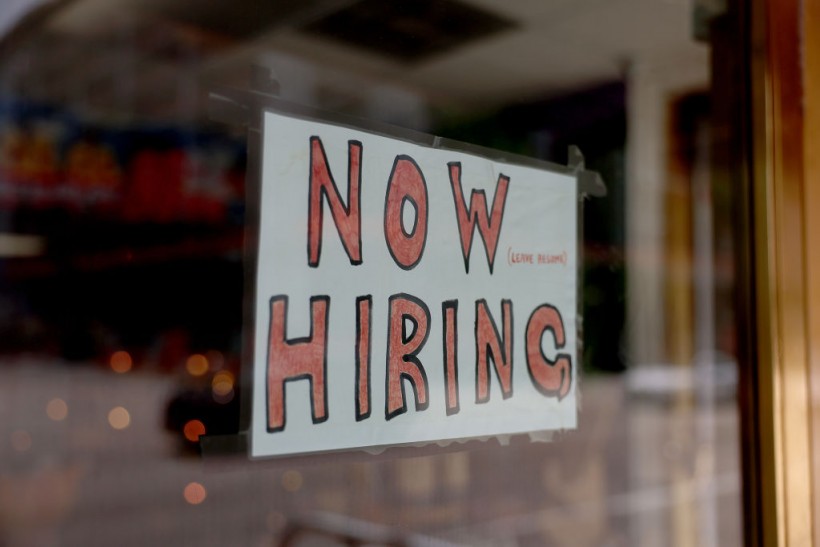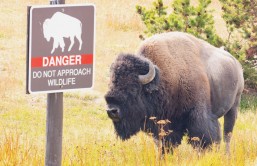
(Photo : Joe Raedle/Getty Images)
A study found companies called back people more often if they had white-sounding names versus Black-sounding names.
A newly published story found that found that companies called back the presumably white applicants more often than applicants that could be assumed to be Black.
The authors measured the callback rates from over 83,000 fictitious job applications sent to 11,000 entry-level job openings at more than 100 Fortune 500 firms.
20 years ago, two Chicago economists published a paper that studied racial discrimination in the labor market by sending fictitious resumes to help-wanted ads in Boston and Chicago newspapers.
They revealed that equivalent resumes with distinctively white names like Emily and Greg received 50% more callbacks for interviews than those with distinctively Black names like Lakisha and Jamal.
Chicago economist Evan Rose, along with Patrick Kline and Christopher Walters, expanded on that work for the new study to what they called a "massive scale."
Their experiment, detailed in "Systemic Discrimination Among Large U.S. Employers," some of the same names used in the prior study and also added names from a list of people issued speeding tickets in North Carolina.
The research revealed a small number of companies are responsible for a substantial amount of the discrimination they say they measured.
Employers averaged a call back for presumably white applicants around 9% more than Black ones but certain industries were much worse.
The industries with the most racial discrimination were retail and auto services.
The worst-performing company in the entire study was Genuine Parts, which runs NAPA Auto. The study claims it was 24% less likely, on average, to call back a Black applicant compared to a white applicant.
When contacted for reaction to the study, the company sent an email to NPR saying: "We are always evaluating our practices to ensure inclusivity and break down barriers, and we will continue to do so."
The study authors say the firm that exhibited the least racial discrimination was cable and internet company Charter/Spectrum.









